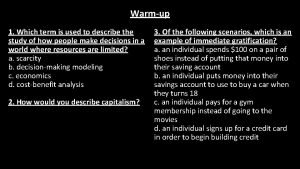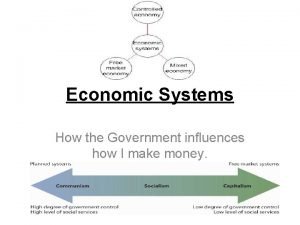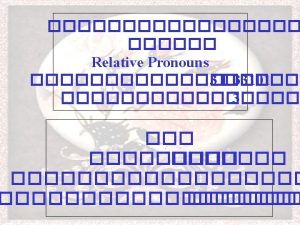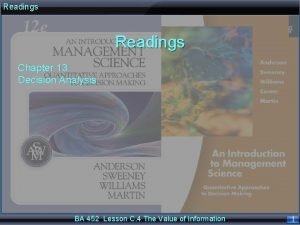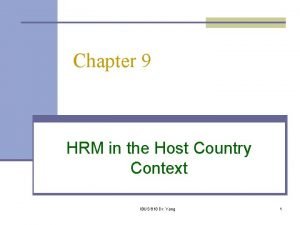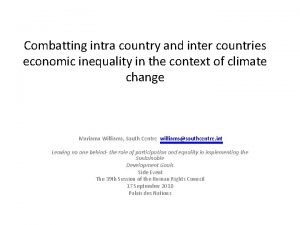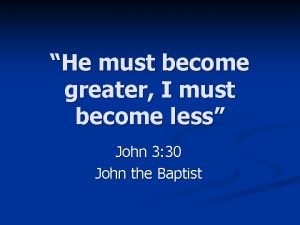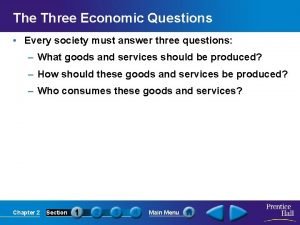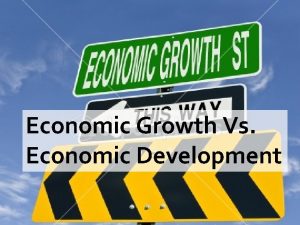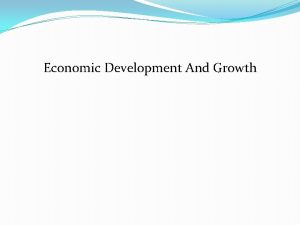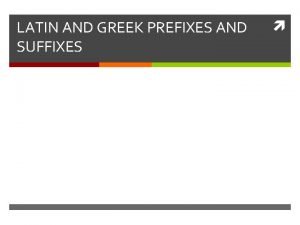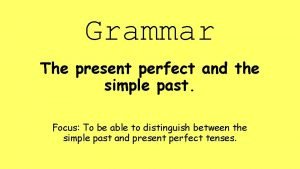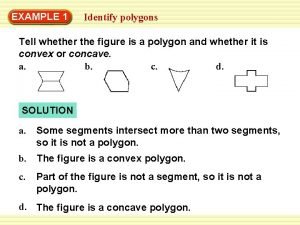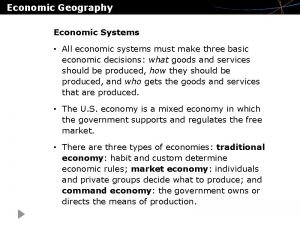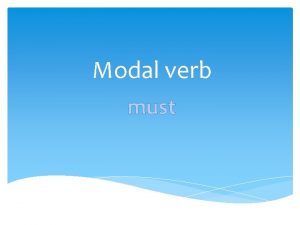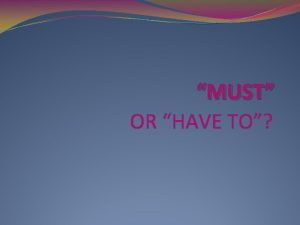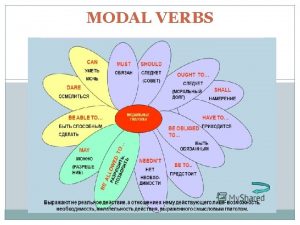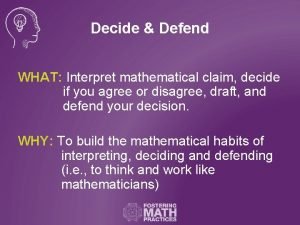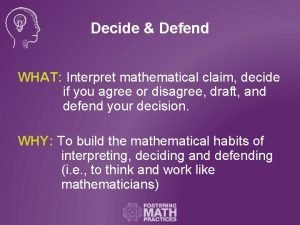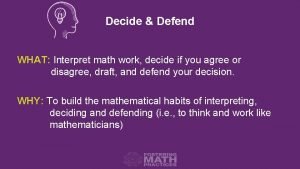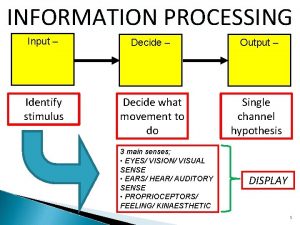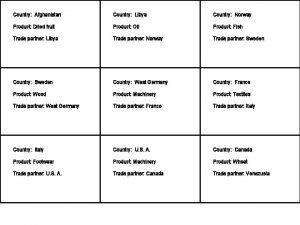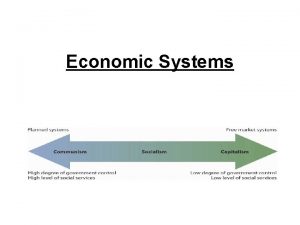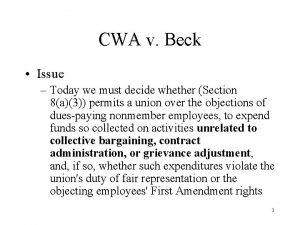Economic Systems Economic Systems A Country must decide
















- Slides: 16

Economic Systems

Economic Systems A Country must decide how to distribute its resources to meet the needs of its people. How a country makes these decisions determines its type of economic system.

An Economic System is the way a society organizes the production, distribution, and consumption of goods and services.

Economic Systems There are 3 basic types of economic systems that have to answer three basic questions: (1) What to produce? (2) How to produce? (3) For Whom to produce?

Types of Economic Systems: 1. Traditional Economy 2. Command Economy 3. Market Economy

Traditional Economy § An economic system in which economic decisions are based on customs and beliefs § People will make what they always made & will do the same work their parents did § Exchange of goods is done through Bartering: trading without using money

Traditional Economy § Who decides what to produce? § People follow their customs and make only what is needed to take care of oneself § Who decides how to produce goods & services? § People grow & make things the same way that their ancestors did § For Whom are the goods & services produced for? § Self and trading purposes (people in the village who need them)

Traditional Economy § Examples: § Villages in Africa and South America; the Inuit tribes in Canada; the caste system in parts of rural India § Strengths: Predictable job and lifestyle § Weaknesses: Lack resources and limited production

Command Economy § Government makes all economic decisions & owns most of the property § Sometimes called communism § Examples: Cuba, former Soviet Union, North Korea § This system has not been very successful & more and more countries are abandoning it

Command Economy § Who decides what to produce? § Government makes all economic decisions § Who decides how to produce goods and services? § Government decides how to make goods/services § For Whom are the goods and services produced for? § Whoever the government decides to give them to

Command Economy § Strengths: people do not have to worry about employment, housing, education, and healthcare § Weaknesses: consumers own nothing, no choices/freedom, limited innovation by individuals

Market Economy § In a market economy, demand (buyers) and supply (sellers) answer the three economic questions § All resources are privately owned § Who decides what to produce? § Whatever the market demands that will produce a profit – SUPPLY and DEMAND. § Who decides how to produce goods and services? § Private producers (businesses) - supply § For Whom are the goods and services produced for? § Consumers who demand the product and are willing to pay

Market Economy § Strengths: Many opportunities for ENTREPRENEURSHIP – People can start their own businesses, more choice – improved growth of GDP § Weaknesses: The desire for money may lead to poor quality of goods and services, business owners have to risk losing money

Mixed Economy § Market + Command = Mixed § There are no pure command or market economies. To some degree, all modern economies show characteristics of both systems and are often referred to as mixed economies. § Most economies are closer to one type of economic system than another § For example, businesses own resources and determine what and how to produce, but the Government regulates certain industries

Mixed Economy § Most democratic countries fall in this category (there are no truly pure Market or Command economies). § Examples: U. S. , Brazil, Mexico, Canada, UK, etc.

Continuum of Economies Mixed Pure Command Pure Market
 State planners in country a met to decide
State planners in country a met to decide State planners in country a met to decide
State planners in country a met to decide Is whether a relative pronoun
Is whether a relative pronoun The gorman manufacturing company must decide
The gorman manufacturing company must decide Host country and home country
Host country and home country Intra country vs inter country
Intra country vs inter country Lesson 2 our economic choices
Lesson 2 our economic choices I must become less
I must become less 3 questions every society must answer
3 questions every society must answer Economic growth vs economic development
Economic growth vs economic development Economic growth vs economic development
Economic growth vs economic development Strip poker to kill a mockingbird
Strip poker to kill a mockingbird Promote service arrange decide
Promote service arrange decide Decide model
Decide model Myocardial infractio
Myocardial infractio Decide present perfect tense
Decide present perfect tense Decide whether the polygon is convex or concave
Decide whether the polygon is convex or concave
